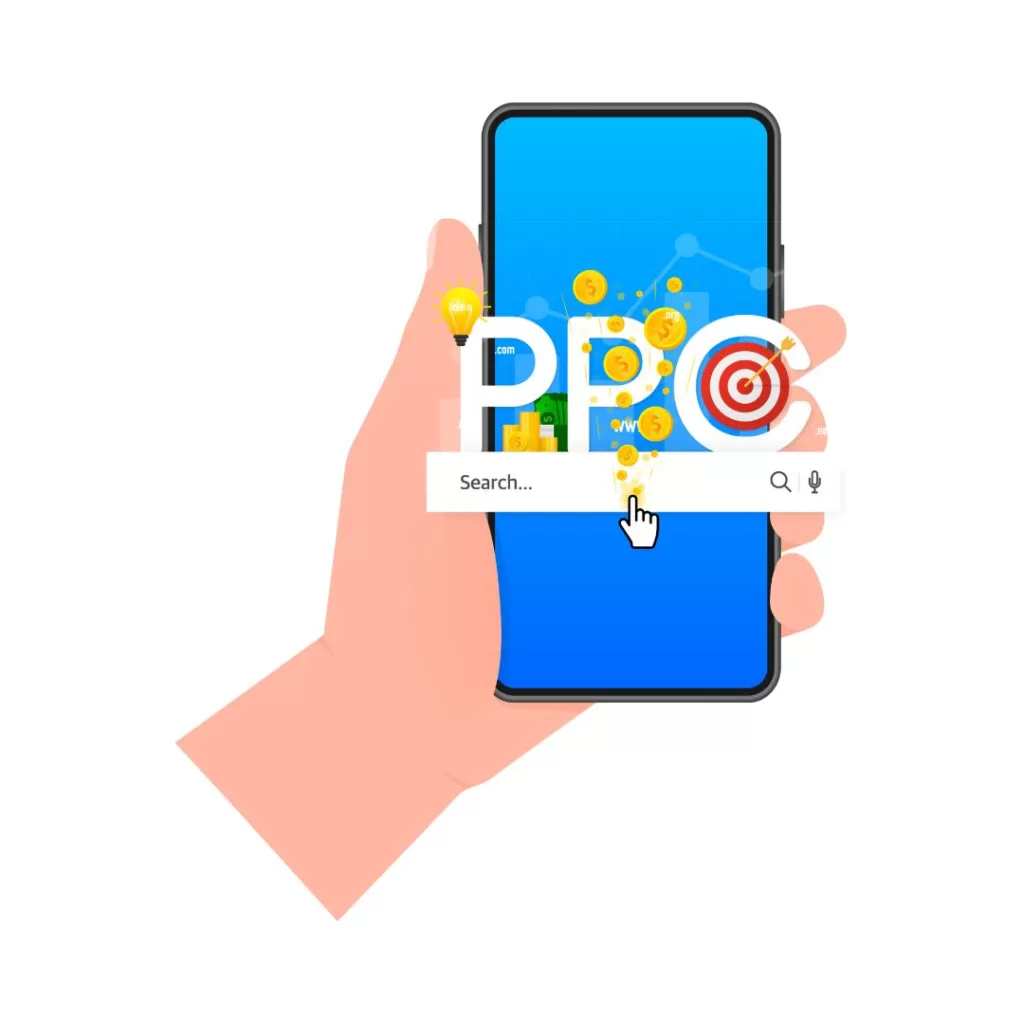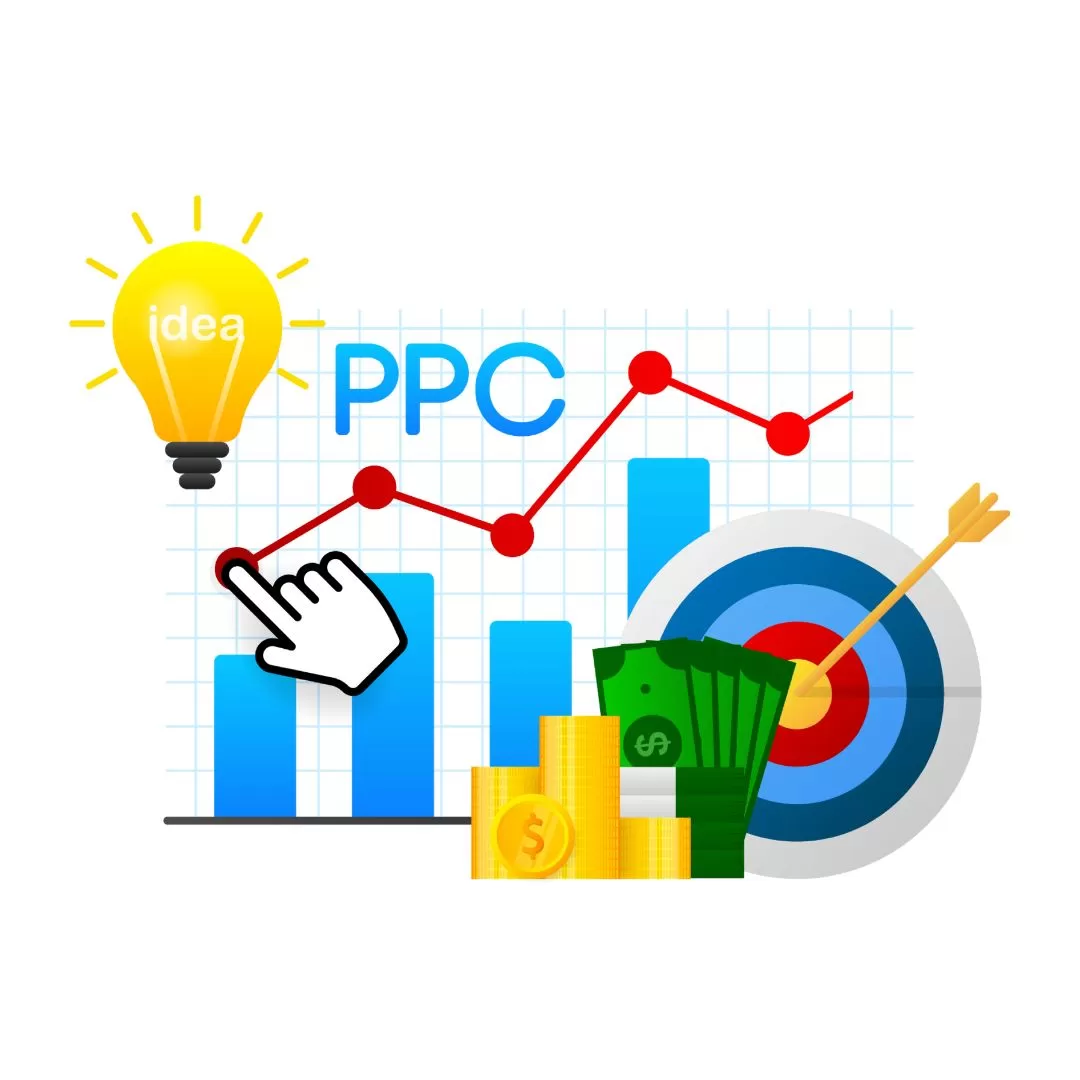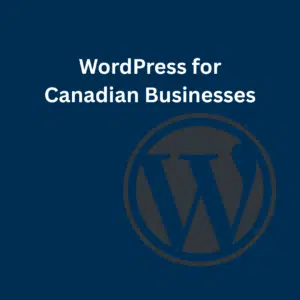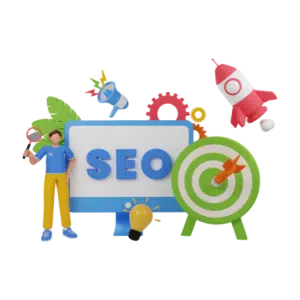Pay-per-click (PPC) is a type of online advertising that allows businesses to place ads on search engines, social media platforms, and other websites. The basic idea behind PPC is that businesses pay a fee each time a user clicks on one of their ads. The fee amount varies depending on the specific ad platform, the competitiveness of the ad placement, and other factors.
PPC ads are typically displayed above or below the organic search results on search engines like Google and Bing. They can also appear on social media platforms like Facebook, LinkedIn, and Twitter, as well as on other websites that participate in ad networks like Google AdSense. The goal of PPC advertising is to attract highly targeted traffic to a website or landing page, hoping to convert that traffic into paying customers.
How does PPC work?
PPC allows advertisers to bid on specific keywords or phrases they want to target with their ads. For example, a business that sells running shoes might bid on the keyword “running shoes” to show their ad when someone searches for that term on Google. The advertiser sets a maximum bid for each keyword, representing the highest amount they are willing to pay for a click.
When a user searches for a keyword that an advertiser has bid on, the ad platform runs an auction to determine which ads will be displayed. The auction considers several factors, including the bid amount, the ad quality score, and the ad’s relevance to the search query. The ad that wins the auction is displayed to the user, along with a few other ads running.
When a user clicks on an ad, the advertiser is charged a fee, which is deducted from their ad budget. The amount of the fee is determined by the maximum bid for the keyword, as well as the quality score of the ad. Ad platforms use complex algorithms to determine an ad’s quality score, which considers factors like the ad’s relevance to the search query, the landing page experience, and the ad’s historical performance.

Benefits of PPC
PPC advertising offers several benefits to businesses looking to increase their online visibility and drive targeted traffic to their website. Some of the critical benefits of PPC include:
- Highly targeted traffic: PPC allows businesses to target specific keywords and audiences, which can result in highly targeted traffic to their website. This can help increase the likelihood of conversions, as users searching for specific keywords or phrases are often more likely to be interested in the products or services offered.
- Cost-effective: PPC can be a cost-effective way to drive traffic to a website, as businesses only pay for clicks on their ads. This means they are not paying for impressions or views, which can help keep costs down.
- Measurable results: PPC provides businesses with detailed metrics on the performance of their ads, including the number of clicks, impressions, and conversions. This can help businesses to optimize their campaigns for better performance and to measure the return on investment (ROI) of their advertising spend.
- Flexibility: PPC campaigns can be easily adjusted and optimized based on the performance of the ads. This means that businesses can make changes to their campaigns in real-time to maximize the effectiveness of their advertising spend.
Conclusion
PPC advertising is a powerful tool that can help businesses to increase their online visibility, drive targeted traffic to their website, and improve their ROI. By bidding on specific keywords and phrases and optimizing their ads for relevance and quality, businesses can attract highly targeted traffic to their website to convert that traffic into paying customers. With the ability to measure and optimize the performance of their ads, PPC can be a cost-effective and flexible advertising solution for all businesses.







